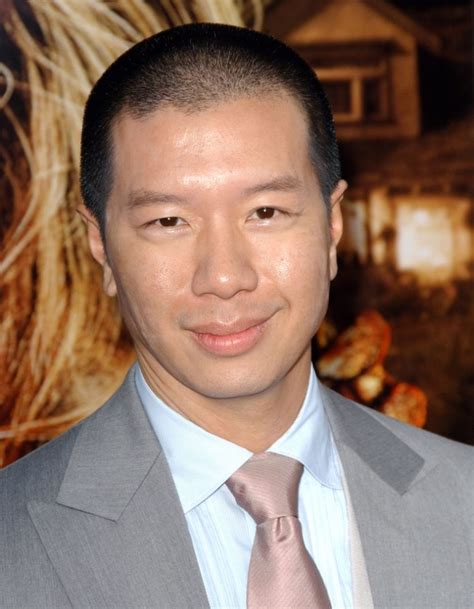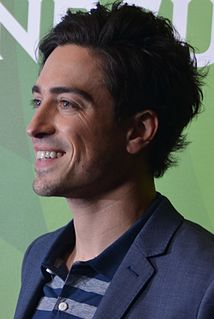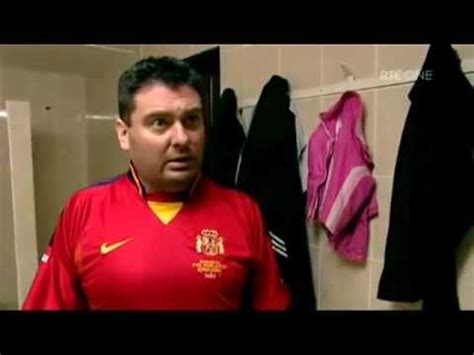A Quote by Joss Whedon
I think it's always important for academics to study popular culture, even if the thing they are studying is idiotic. If it's successful or made a dent in culture, then it is worthy of study to find out why.
Related Quotes
The real controversy comes with anthropologists - not all, but some - who see themselves as studying culture, and they then see culture from the perspective of humans, which is what they study. From their perspective, or, from some of their perspectives, it's sort of heresy to even talk about culture in any other animal. Others would say, "Yeah, you can talk about it, but our definitions of culture are so utterly different from yours and include things like values, and so on, which you've never shown to exist in any of these other creatures."
Since the 1960s, mainstream media has searched out and co-opted the most authentic things it could find in youth culture, whether that was psychedelic culture, anti-war culture, blue jeans culture. Eventually heavy metal culture, rap culture, electronica - they'll look for it and then market it back to kids at the mall.
When I wrestled, I would set aside the time to wrestle, so that in my mind it didn't interfere with my study time. If I'd say, "I'm going to study this many hours, then I'm going to go work out and wrestle," then when that time comes, you don't feel like you should be doing something else. That helped me psychologically. But otherwise? When I'm wrestling, I'm not studying the universe. And when I'm studying the universe, I'm not wrestling.
In my own work, I'd say I'm a classicist, but I look everywhere for my solutions. I don't study the toilet-living habits of my clients, although that's a popular approach. First, I think of every building in history that has been similar in purpose. Then I think of the functional program - that's a major part of the study.
The purpose of studying Buddhism is not to study Buddhism, but to study ourselves. That is why we have teaching. But the teaching is not ourselves. It is some explanation of ourselves. To study the teaching is to know yourselves. That is why we do not ever attach to the teaching, or to the teacher. The moment you meet a teacher you should leave the teacher, and you should be independent. You want a teacher so that you can be independent. So you study yourselves. You have the teacher for yourselves, not for the teacher.





































